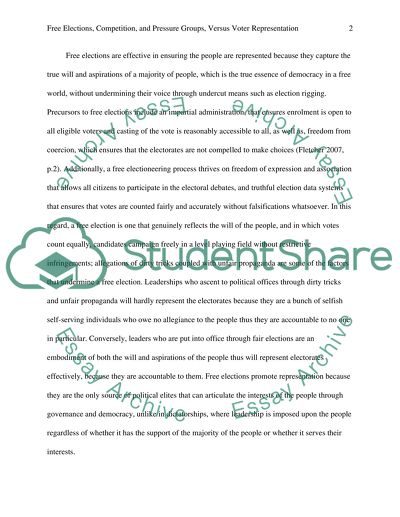Cite this document
(“How effectively do free elections, competition between political Essay”, n.d.)
How effectively do free elections, competition between political Essay. Retrieved from https://studentshare.org/history/1482822-how-effectively-do-free-elections-competition
How effectively do free elections, competition between political Essay. Retrieved from https://studentshare.org/history/1482822-how-effectively-do-free-elections-competition
(How Effectively Do Free Elections, Competition Between Political Essay)
How Effectively Do Free Elections, Competition Between Political Essay. https://studentshare.org/history/1482822-how-effectively-do-free-elections-competition.
How Effectively Do Free Elections, Competition Between Political Essay. https://studentshare.org/history/1482822-how-effectively-do-free-elections-competition.
“How Effectively Do Free Elections, Competition Between Political Essay”, n.d. https://studentshare.org/history/1482822-how-effectively-do-free-elections-competition.


